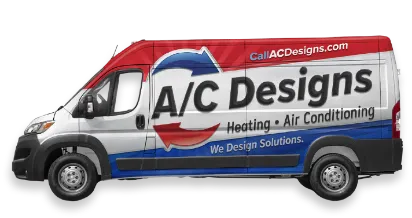Heat Pump Repair Basics: The Reversing Valve
November 19th, 2014Heat pumps work very similarly to air conditioners except for one key way: they can also heat your home. How do they do this? With the help of a component called a reversing valve. The valve itself is fairly complex, but the result for you, as the homeowner, is that you have a system that can easily switch between heating and cooling.

